Although WordPress dominates website creation by powering 43% of all sites, it might not be suitable for every business or project. Fortunately, there are numerous WordPress CMS alternatives for beginners and those with specific requirements.
In this article, we have curated 10 of the best WordPress alternatives in 2024. They include some of the most popular content management systems (CMSs) and website builders. You’ll discover each platform’s notable features, as well as their pros and cons, including whether they come with a hosting solution, SEO tools, and other website launch essentials. Whether you're a small business owner, a creative professional, or an ambitious entrepreneur, these alternatives offer a diverse array of options to suit your unique digital ambitions.
1. Wix
- Type: Website Builder
- Pricing: Free plan available, premium plans starting at $14 per month
- Best for: Small businesses, portfolios, and beginners
- Why It's Better: Wix is a user-friendly powerhouse. Its drag-and-drop interface simplifies website creation for beginners, offering a vast template library that's not just visually stunning but also customizable without wrestling with code. Whether you're a small business owner or a budding artist, Wix caters to all with style and simplicity.
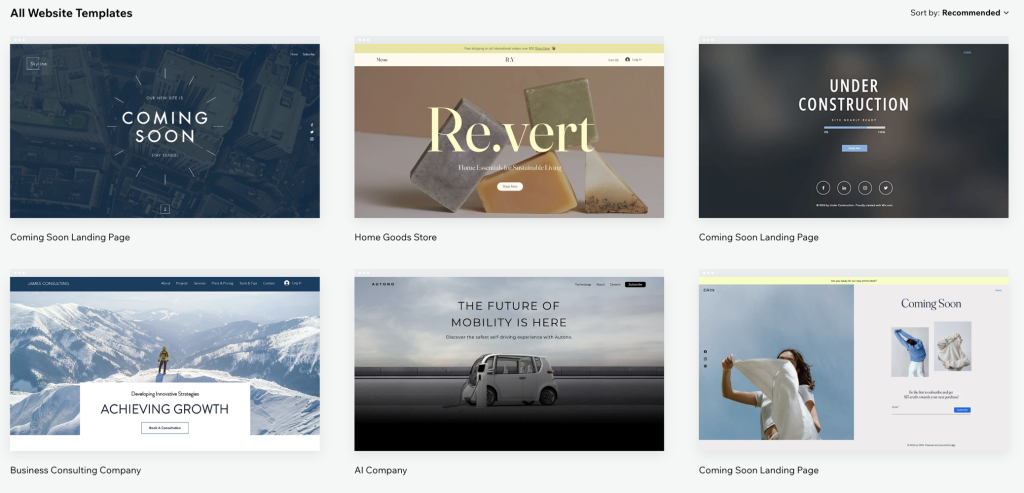
2. Squarespace
- Type: Website Builder
- Pricing: Starts at $12 per month
- Best for: Creative professionals, artists, and small businesses
- Why It's Better: Squarespace elevates website design to an art form. With templates designed for aesthetic appeal, it's a go-to for creative professionals and small businesses seeking a visually stunning online presence. Squarespace is more than a website builder; it's a canvas for your digital masterpiece.
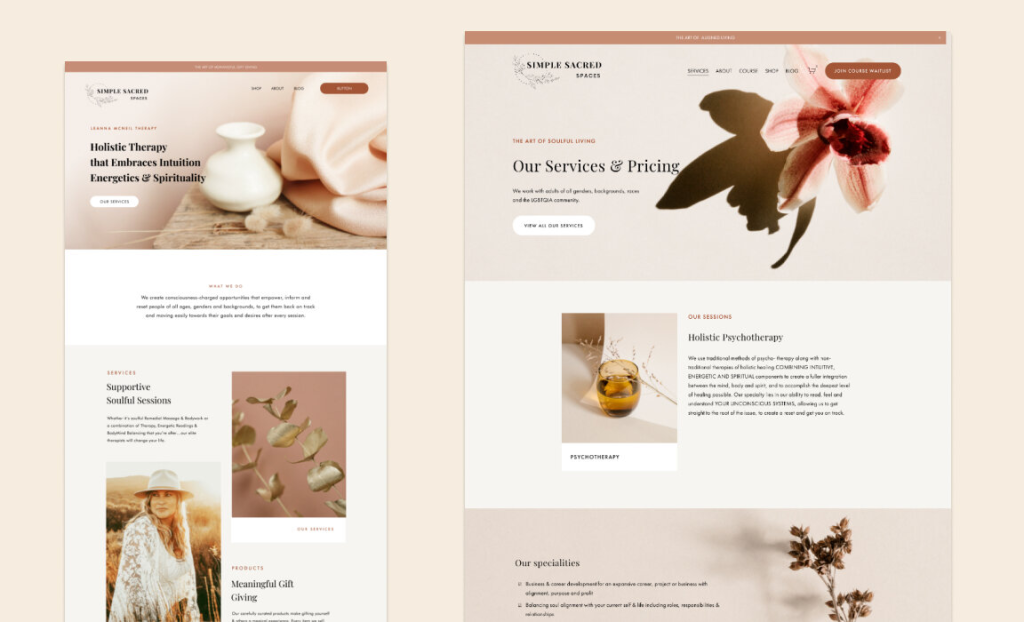
3. Shopify
- Type: E-commerce Platform
- Pricing: Starts at $29 per month
- Best for: Online stores and entrepreneurs
- Why It's Better: Shopify is the e-commerce maestro. Tailored for online stores, it simplifies the selling process with an intuitive interface and a plethora of apps. Whether you're a solo entrepreneur or a bustling online store, Shopify streamlines your e-commerce journey with finesse.

4. Joomla
- Type: Content Management System (CMS)
- Pricing: Open-source (Free)
- Best for: Developers and businesses with complex websites
- Why It's Better: Joomla is the CMS for those who crave control. With a robust set of features and extensions, it's ideal for developers and businesses with complex website needs. Joomla doesn't shy away from intricacy; it embraces it with open-source flexibility.
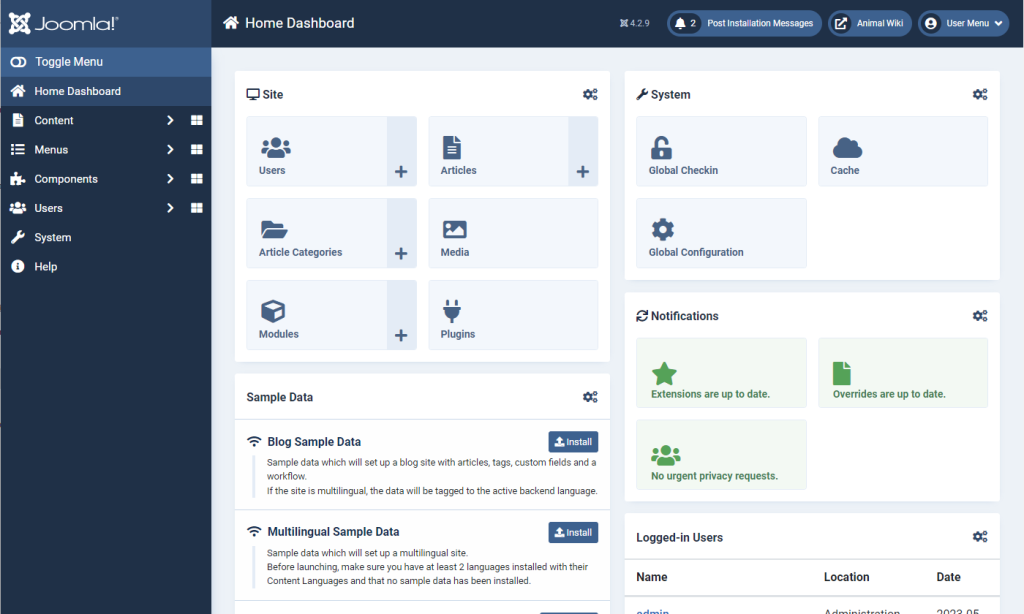
5. Drupal
- Type: Content Management System (CMS)
- Pricing: Open-source (Free)
- Best for: Advanced developers, large-scale websites
- Why it's Better: Drupal is the heavyweight of CMS, standing tall for large-scale websites. It's a developer's playground, offering scalability, advanced functionalities, and a dedicated community. If your website demands complexity and scalability, Drupal is the go-to choice.
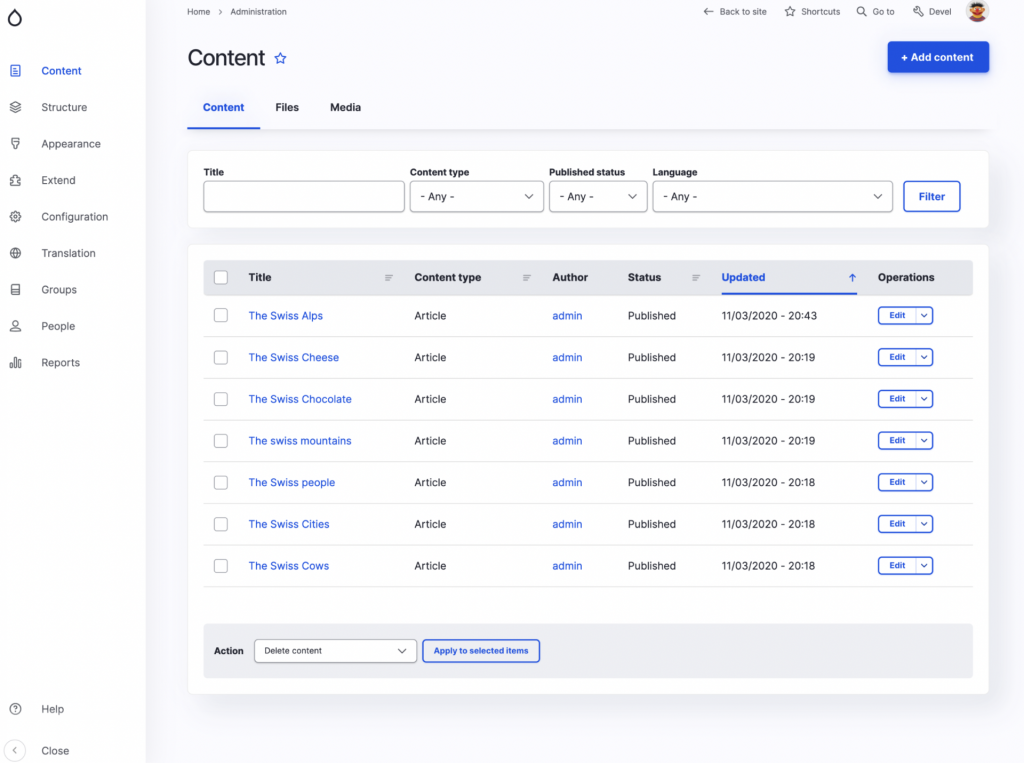
6. Ghost
- Type: Blogging Platform
- Pricing: Starts at $29 per month
- Best for: Bloggers, journalists, and content creators
- Why It's Better: Ghost is the minimalist's haven. Tailored exclusively for blogging, it offers a distraction-free writing environment, modern themes, and features designed for bloggers. If your focus is content creation and storytelling, Ghost provides the perfect stage.
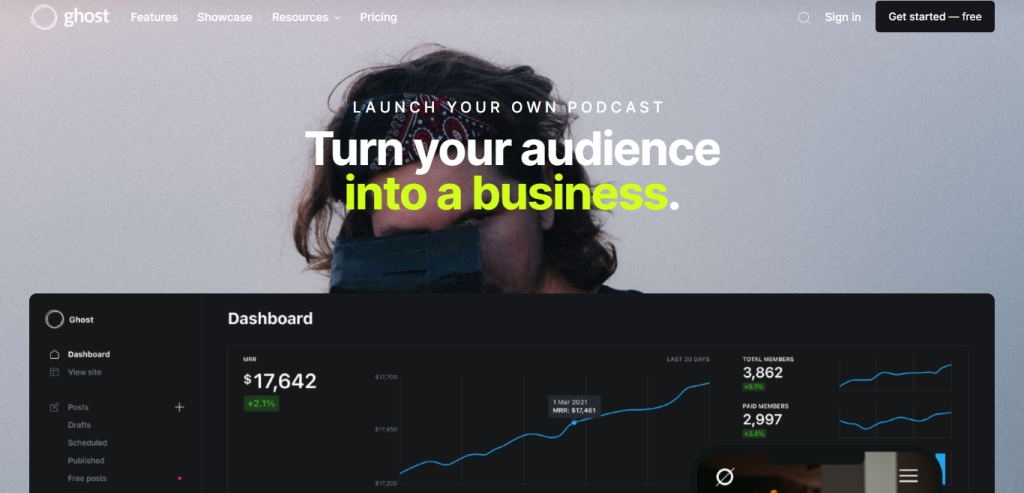
7. Weebly
- Type: Website Builder
- Pricing: Free plan available, premium plans starting at $6 per month
- Best for: Small businesses, portfolios, and e-commerce
- Why It's Better: Weebly is the all-in-one wonder. It seamlessly combines website building and e-commerce, making it a fantastic solution for small businesses. With its user-friendly interface, Weebly caters to those seeking simplicity without compromising functionality.

8. Magento
- Type: E-commerce Platform
- Pricing: Open-source (Free), Magento Commerce for enterprises
- Best for: Large-scale e-commerce enterprises
- Why It's Better: Magento is the powerhouse for e-commerce giants. Its open-source version is perfect for businesses with extensive product catalogs, while Magento Commerce caters to enterprise-level needs. Customization, scalability, and robust features make Magento the juggernaut of e-commerce platforms.

9. Jekyll
- Type: Static Site Generator
- Pricing: Open-source (Free)
- Best for: Developers, bloggers
- Why It's Better: Jekyll is the speed racer of static site generators. It simplifies website building by generating static HTML files, ensuring speedy performance and heightened security without the need for a database. Developers seeking efficiency and bloggers prioritizing speed find Jekyll a refreshing alternative.
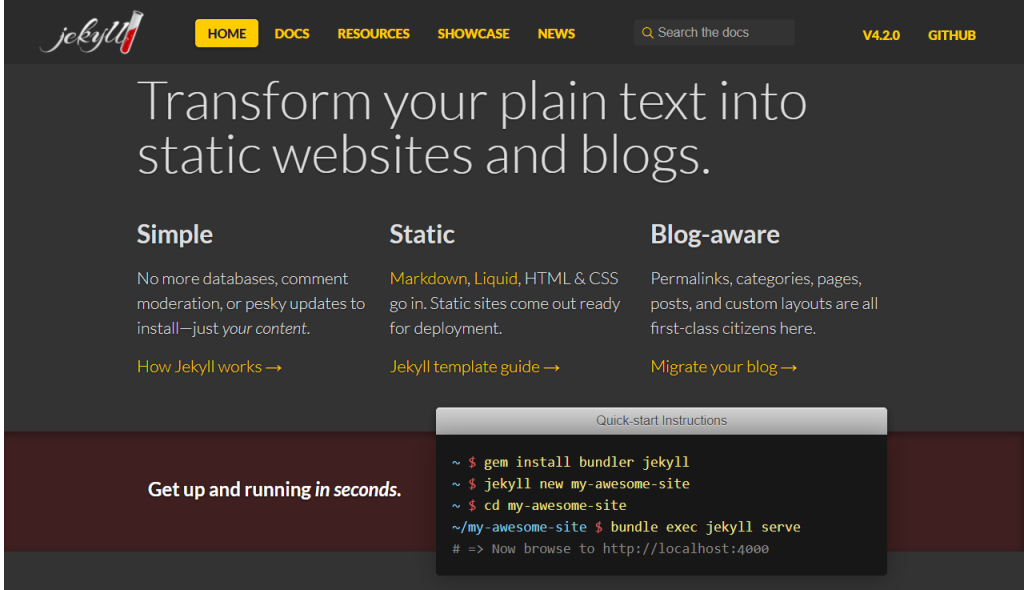
10. Strikingly
- Type: Website Builder
- Pricing: Free plan available, premium plans starting at $8 per month
- Best for: Single-page websites, portfolios
- Why It's Better: Strikingly excels in simplicity. It's designed for those who desire elegant, single-page websites with a focus on mobile responsiveness. Strikingly allows users to create visually appealing, mobile-friendly portfolios or projects without the fuss of complex features.

When To Choose a Competitor Over WordPress:
- Specialized Needs: Opt for a competitor when your website requires niche-specific features that aren't readily available on WordPress. Some platforms cater to specialized industries, providing tailored solutions.
- Ease of Use: If you're a beginner seeking an intuitive platform, competitors often offer more user-friendly interfaces. This is especially beneficial if you're not tech-savvy and want a smoother learning curve.
- Resource Efficiency: Choose a streamlined competitor for simpler websites that don't demand the extensive features provided by WordPress. If your website is straightforward and doesn't require a vast array of plugins and functionalities, a more efficient alternative might be the better fit.
As we bid adieu to the WordPress realm and venture into the world of alternatives, remember that the best platform for your website is the one that aligns with your goals, suits your comfort level, and empowers your digital dreams. Each of these alternatives brings its own flavor to the table, offering a tailored experience for various needs.
Whether you're enchanted by the artistic allure of Squarespace, the e-commerce prowess of Shopify, or the developer-friendly landscape of Joomla and Drupal, the possibilities are vast. So, choose wisely, experiment fearlessly, and may your website-building journey be as unique as the digital masterpiece you're creating. Here's to flourishing websites, boundless creativity, and the endless potential that lies beyond the familiar confines of WordPress.

